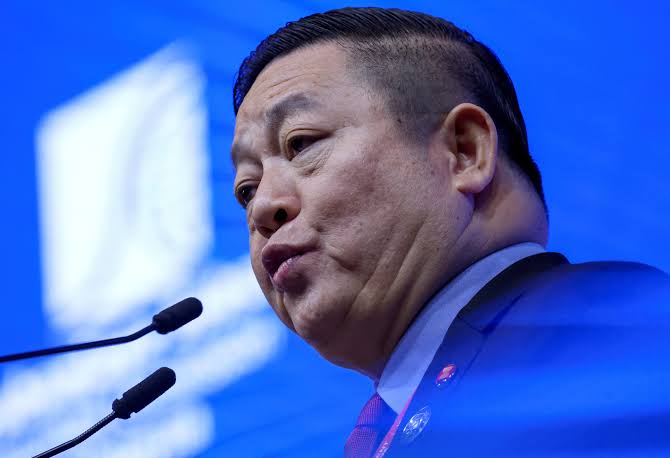The Nigerian House of Representatives, under the leadership of Rt. Hon. James Abiodun Faleke, Chairman of the House Committee on Finance, is currently conducting rigorous budget defense sessions for the 2025 fiscal year. These sessions are a critical component of Nigeria’s efforts to enhance fiscal transparency and accountability in public spending, a key concern for international investors and development partners.
The budget defense sessions involve detailed scrutiny of the financial plans and performance of various Ministries, Departments, and Agencies (MDAs), ensuring that their proposed expenditures align with national economic objectives. The active participation of key MDAs, including the Nigerian National Petroleum Company Limited (NNPCL), Federal Inland Revenue Service (FIRS), and Nigerian Ports Authority (NPA), underscores the importance of these sessions in overseeing critical sectors of the Nigerian economy.
These engagements go beyond mere procedural compliance; they represent a vital exercise of legislative oversight, ensuring that public funds are allocated and utilized effectively and efficiently. The Committee’s meticulous review of the 2024 budgetary performance and proposed estimates for 2025 demonstrates a commitment to fiscal discipline and the efficient delivery of public services. This level of scrutiny is essential for building confidence in Nigeria’s economic governance.
Hon. Faleke’s leadership in these sessions reflects a broader commitment to fostering a transparent and accountable financial ecosystem in Nigeria. By holding MDAs to account, the Committee aims to identify and eliminate inefficiencies, curb wasteful spending, and redirect resources to critical sectors that drive economic growth and social development. This process is crucial for maximizing the impact of public spending and attracting foreign investment.
Read more: Claudia Sheinbaum Claims that Trump’s New Tariffs Benefit Mexico.
The outcomes of these budget defense sessions are expected to inform the recommendations submitted to the Appropriations Committee, thereby influencing the final budgetary allocations. This process ensures that the nation’s financial planning is not only comprehensive but also responsive to the needs of its citizens and the demands of a growing economy. The effectiveness of these budget defense sessions in promoting fiscal responsibility will be closely monitored by international observers.




